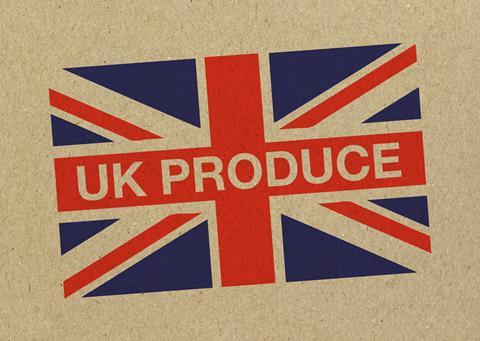
Environment secretary Steve Barclay has kicked off plans to make food labelling “clearer and fairer” with a consultation into plans for the potential introduction of mandatory country of origin and method of production food labelling.
The plans, first floated at the Oxford Farming Conference in January, would deliver on the government’s commitment to back British farming, according to Defra. They would also improve transparency, “helping consumers make decisions that align with their values”.
Defra said the consultation – which will run for eight weeks, closing on 7 May – will look at how to improve country of origin labelling for certain goods, including how and where the information is displayed and what products should be included in such a scheme.
For example, if imported pork was cured into bacon in the UK and featured a union flag, the consultation would explore ways to make it more obvious to consumers that the pig was reared abroad – such as increasing the size of the country of origin text, or placing it on the front of the pack.
Proposals for method of production labelling, meanwhile, would apply to pork, chicken and eggs.
They include the potential for a mandatory five-tier label for both domestic and imported products – echoing Lidl’s launch of a voluntary method of production labelling scheme for fresh chicken in 2019.
Any new labelling rules would seek to “differentiate between those that fall below, meet and exceed baseline UK animal welfare regulations, which are some of the highest in the world”, Defra said.
Read more: Is new dairy adjudicator a taste of things to come?
The consultation will also seek views on whether it should be a mandatory requirement to state the origin of meat, seafood and dairy products outside of the home – such as on menus in cafés and restaurants, “to give consumers access to the same information while dining out as when cooking at home”.
It follows mounting concern over the parlous financial state in which large parts of the food sector finds itself.
Farmers have taken to the streets in protest since the turn of the year over their treatment by the supermarkets, competition from lower quality imports, soaring production costs and onerous government sustainability policies – a situation that has particularly energised producers in Wales.
It adds to prime minister Rishi Sunak’s commitment – made at the NFU Conference last month – to create an Agricultural Supply Chain Adjudicator, who will police new regulated dairy contracts and is due to be rolled out across other sectors in the future.
The PM has also committed to an annual Farm to Fork Summit to increase industry collaboration, coupled with a yearly analysis of the UK’s self-sufficiency.
“This government backs British farmers, who work hard to produce food to world-leading standards and maintain our nation’s food security. British consumers want to buy their produce, but too often products made to lower standards abroad aren’t clearly labelled to tell them apart,” Barclay said.
“That is why I want to make labelling showing where and how food is produced fairer and easier to understand – empowering consumers to make informed choices and rewarding our British farmers for producing high-quality, high-welfare food.”
Rage in Wales as farmers unleash wrath over Labour’s farming policy
The launch of the consultation was welcomed by Waitrose executive director James Bailey, who said the proposals would give farmers “recognition for their commitment to animal welfare”.
“Everyone deserves to know where their food comes from – how it was grown, reared or made,” Bailey added. “Better information boosts demand for higher standards, as we’ve seen with mandatory egg labelling. Extending this to more products benefits shoppers, farmers and animals.”
The UK’s quality food standards needed “to be to be recognised in the marketplace”, said Fidelity Weston, chair of the Consortium of Labelling for the Environment, Animal Welfare & Regenerative Farming (CLEAR).
“To achieve this, we need a clear definition of the many terms used to describe the method of production, and transparency and honest data about how the food was produced on the farm, and right through to the end product,” Weston said.
“Through this, we have an opportunity to support the transition put in place by the government to move the UK to more agroecological farming methods with improved outcomes for nature, the environment and people, alongside food production.”








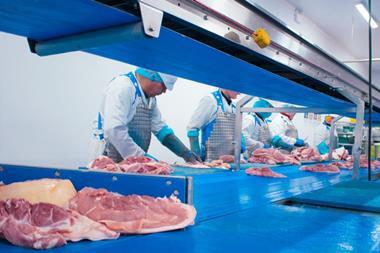
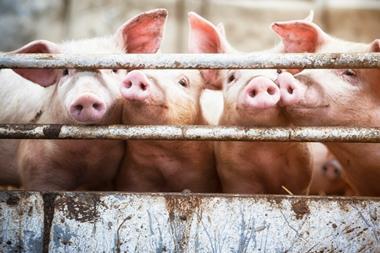
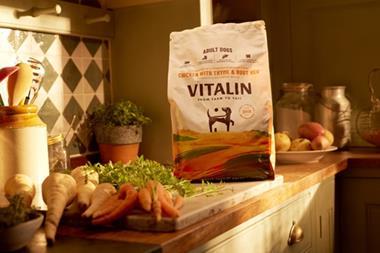
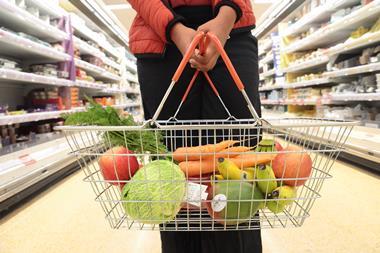
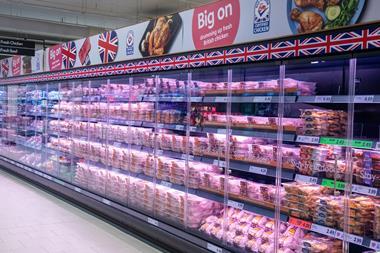
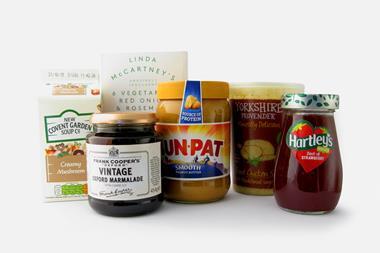

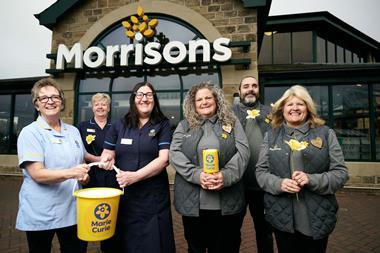
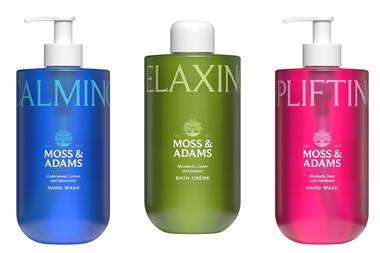
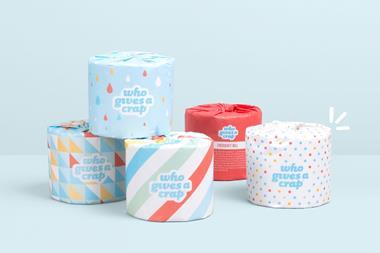

No comments yet